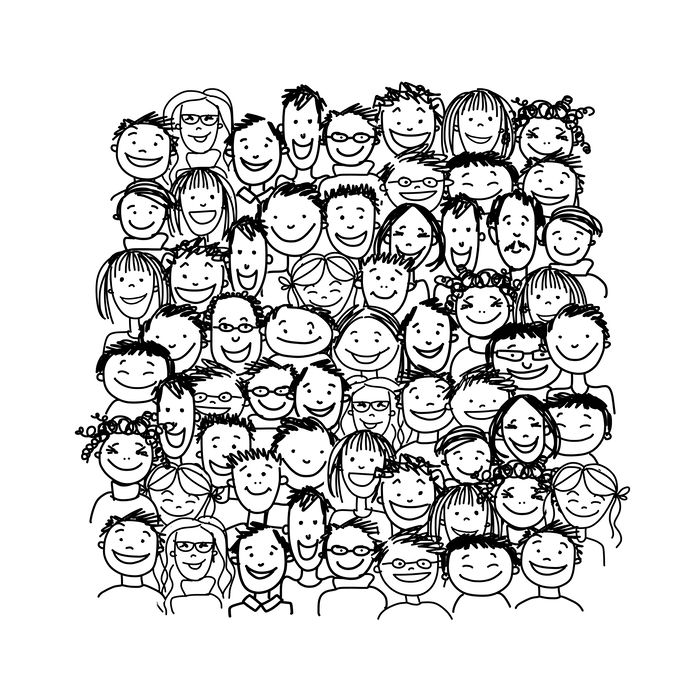Yes, fictional characters have copyright protection. In copyright law, copyrights are awarded to literary and artistic works that are: (1) original works of authorship and are (2) fixed in a tangible medium of expression. Therefore, in order for a literary or artistic work to be eligible for copyright protection, it needs to be a product of the imagination of its author(s), rather than a copy of someone else’s work.
In addition, the original work needs to be fixed in a tangible medium, meaning, it must be placed in a medium wherein it can obtain permanence, like for example, a piece of paper, a Word Processing document, or an audiovisual recording.
Therefore characters (be it in print, TV, Film and others), who are original and have been recorded on a medium to obtain permanence, can have copyright protection. Additionally, their character descriptions and biographies, if they are sufficiently descriptive to surpass that initial threshold of originality.
Do I Have to Register my Fictional Character with the Copyright Office?
No, but it is highly recommended to do so. Once the elements described above are fulfilled, copyrights are automatically obtained for the work. These rights typically last the entire life of the author, plus seventy (70) years after his/her death; this is known as the “Copyright term.” Following the expiration of this copyright term, the work becomes a part of the “public domain,” meaning that any person may use the work for any purpose without permission of its author. Despite the fact that there is no registration requirement, registration makes a copyright infringement action faster and easier.
What Rights Do I Have to My Fictional Character Under Copyright?
As it pertains to copyrights, authors are entitled to the exclusive rights related to the economic exploitation of its copyrighted works. These rights are known as the “Bundle of Rights”, which include five (5) distinct rights:
- Distribution of the works across all mediums across the world;
- Reproduction of the works in copies;
- Public Display of the works (if it is works of the visual arts);
- Public Performance of the works (if it is works of the performance arts, including some visual arts);
- Derivative works meaning, all adaptations of the works in subsequent creations.
Any person who wishes to employ the works for any of the above uses, must obtain prior permission from its author(s), unless the use is sanctioned by the statute as an exception to the author’s exclusive rights to the work, known generally as “fair use.”
What is Fair Use under Copyright Law?
In the copyright realm, a copyright owner is entitled to the exclusive rights related to the economic exploitation of the work. And any person who wishes to employ the work for any of the above uses, must obtain prior permission from its author, unless the use is sanctioned by the statute as an exception to the author’s exclusive rights to the work.
These exceptions include personal, private, non-commercial uses; as well as uses designated as “fair use” exceptions under the copyright statute. These non-exhaustive fair use exceptions include, among others: academic and scholarly activities, news reporting and analysis, parodies and satire, as well as some transformative uses.
Fair use is typically determined by four factors:
- Purpose and character of the use – whether the copyrighted work has been used to help create something new. This is also known as “transformative use.”
- Nature of the copyrighted work – the extent to which the use of the underlying work is different from the use given to it in the new work.
- Amount and substantiality of the portion taken – whether you take from the original work only as necessary to convey your artistic expression in the new work.
- Effect of the use upon the potential market – whether your use deprives the copyright owner of income or undermines a new or potential market for the copyrighted work.
What is Copyright Infringement of a Fictional Character?
When it comes to fictional characters, courts will find that copyright infringement has occurred when someone other than the rightful copyright owner of the character uses that character without permission, especially if such use copies the appearance and unique character traits that distinguishes the particular character. In order to ascertain whether a graphic character is entitled to copyright protection, the courts usually apply the “character delineation” test. The critical issue in determining if such protection exists is whether the particular character is sufficiently and distinctively delineated so that it warrants protection.



